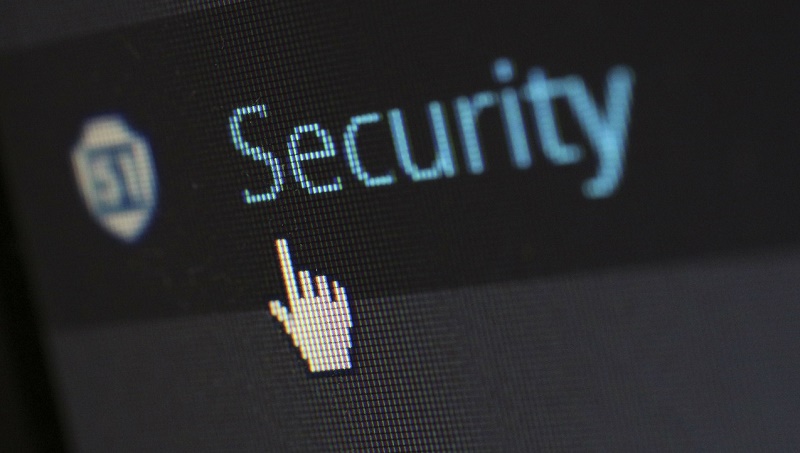Here’s an alarming statistic from an organisation that knows a lot about online security: one in five South Africans surveyed believe their passwords are of no use to hackers, according to a survey done by Kaspersky.
In a press statement, Kaspersky wrote “However, passwords are the keys to the account holders’ personal data, private lives, and even their money – and if they are stolen, the consequences can affect not only individual users but also their contacts.”
If you think about it, someone gaming access to just your email account is a massive concern. Having access to your account means hackers can update your details for all services you’ve signed up for using that address, they can spam your contact list, even impersonate you.
That alone should be enough to make any modern internet user’s skin crawl, and provide all the motivation necessary to ensure password security by way of complicated, individual passwords made up of many characters, symbols and numbers.
But no, many South Africans aren’t sufficiently concerned about their password security to do what’s needed to keep them safe.
Kaspersky went on to say “The survey shows that users often take the easy way out when creating and storing their passwords. Only 24% of users create a separate password for each account while 4% of respondents use special password storage software.
“However, 18% of those surveyed write down their passwords in a notebook, 14% store them in a file on the device, and 5% leave them on a sticker near the computer. At the same time 19% of users freely share their personal account passwords with family members and friends.”
Should this reflect your own approach to passwords, alarm bells should be ringing.
Fortunately, Kaspersky has these tips for people interested in doing something about their password habits:
“To protect your account against unauthorised entry, you should follow a few simple rules:
- Create a unique password for each account: if one of them is stolen, the rest will remain safe.
- Create a complex password that won’t be easy to crack even using special programmes. That means at least 8 symbols including upper and lower-case letters, numbers, punctuation marks, and no pet names or dates of birth!
- Do not give your password to anyone, not even your friends. If cybercriminals can’t steal it from your device, they might be able do it from someone else’s.
- Store your password in a safe place. Don’t write it down on paper; either remember it or use a special programme for storing passwords from a reliable vendor such as Kaspersky Password Manager, which is also integrated in Kaspersky Total Security – multi-device.”
Of course, they punt their own software in the process, but the advice is sound. Follow these tips, and your risk of compromise reduces drastically.

